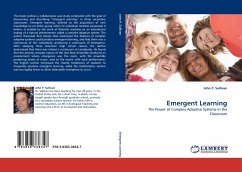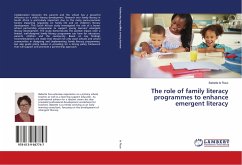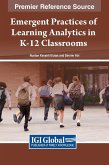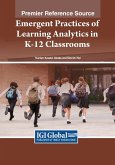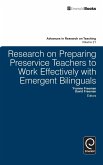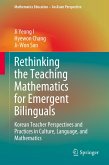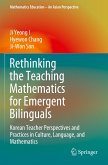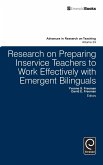This book outlines a collaborative case study conducted with the goal of discovering and describing emergent learning in three secondary classrooms. Emergent learning, defined as the acquisition of new knowledge by an entire group when no individual member possessed it before, is implied by the work of theorists working on an educational analog of a natural phenomenon called a complex adaptive system. The author theorized that classes that maximized the features of complex adaptive systems could produce emergent learning, and that there was a continuum of this complexity, producing a continuum of emergence. After studying three American high school classes, the author determined that there was indeed a continuum of complexity. He found that the actively complex nature of the Jazz Rock Ensemble produced an environment where emergence was the norm, with the ensemble producing works of music, new to the world, with each performance. The English section harnessed the chaotic tendencies of students to frequently produce emergent learning, while the mathematics section was too rigidly linear to allow detectable emergence to occur.
Bitte wählen Sie Ihr Anliegen aus.
Rechnungen
Retourenschein anfordern
Bestellstatus
Storno

